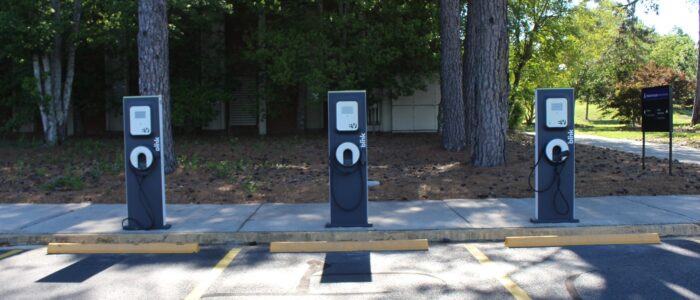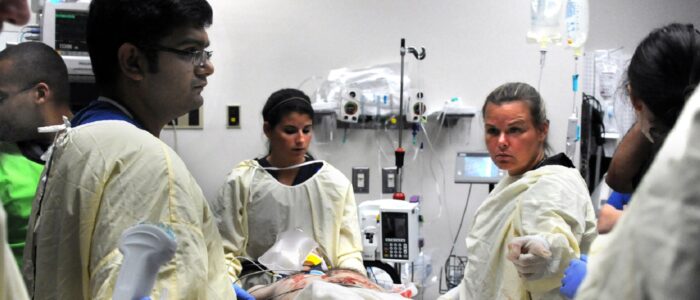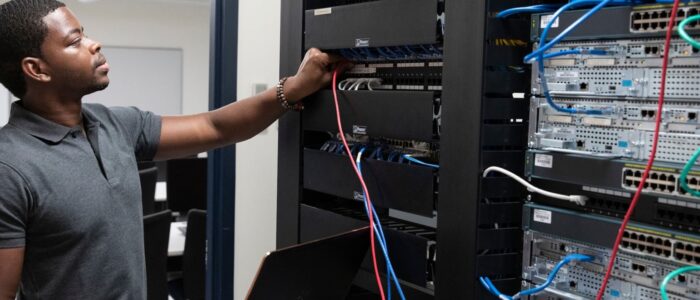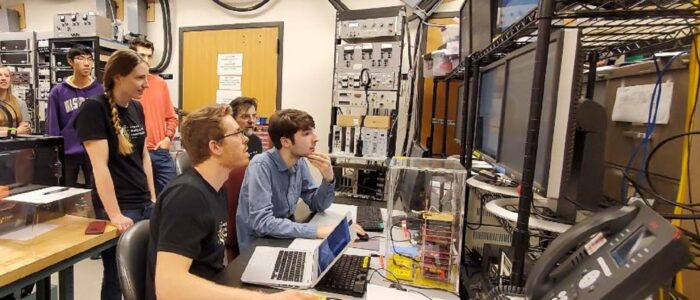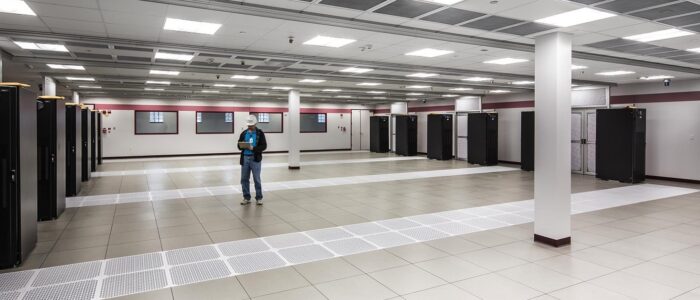2025 Committee Action Hearings – Group B #1
Proposal for Performance-Based Building Premise Wiring | Chapter 27): Monograph Page 754
The International Code Council bibliography of electrical safety practice incorporates titles published by the National Fire Protection Association which reference electrical safety science titles published by the Institute of Electrical and Electronic Engineers. The relevant section of the International Building Code is therefore relatively short:
2021 International Building Code: Chapter 27 Electrical
Note that Chapter 27 provides more guidance on managing the hazards created when electricity is absent*. Since the National Electrical Code is informed by a fire safety building premise wiring culture; absence of electricity is not as great a hazard as when building wiring systems are energized. (“So they say” — Mike Anthony, who thinks quite otherwise.)
2024/2025/2026 ICC CODE DEVELOPMENT SCHEDULE
2025 GROUP B PROPOSED CHANGES TO THE I-CODES | Complete Monograph (2630 pages)
Although we collaborate most closely with the IEEE Education & Healthcare Facilities Committee (four times monthly in Europe and the Americas) we e encourage our colleagues in education communities everywhere to participate directly in the ICC Code Development process. CLICK HERE to set up an account.
It is enlightening — and a time saver — to unpack the transcripts of previous revisions of codes and standards to see what concepts were presented, what got discussed; what passed and what failed. We provide links to a few previous posts that track recent action in the ICC suite relevant to electrotechnologies:
The ICC suite of consensus products are relevant to almost all of our work; everyday. See our CALENDAR that reflects our Syllabus. Today we deal with electrical safety concepts because technical committees are meeting from November to January to write the 2023 National Electrical Code. CLICK HERE to follow the action in more detail.
* The original University of Michigan advocacy enterprise began pounding on National Electrical Code committees to install more power reliability concepts in the 2002 Edition with only modest success. Standards Michigan has since collaborated with the IEEE Education & Healthcare Facilities Committee to drive “absence-of-power-as-a-hazard” into the National Electrical Code; the 2023 now open for public consultation.
N.B.
Assuming building interior fire safety issues can be managed, one way of getting more electric vehicle charging stations built around campus is to install requirements into the building code — thereby putting the construction cost, operation, maintenance and risk upon real-asset Developers and Owners. Code change submittals for the Group A tranche of titles will be received until January 8, 2024.




